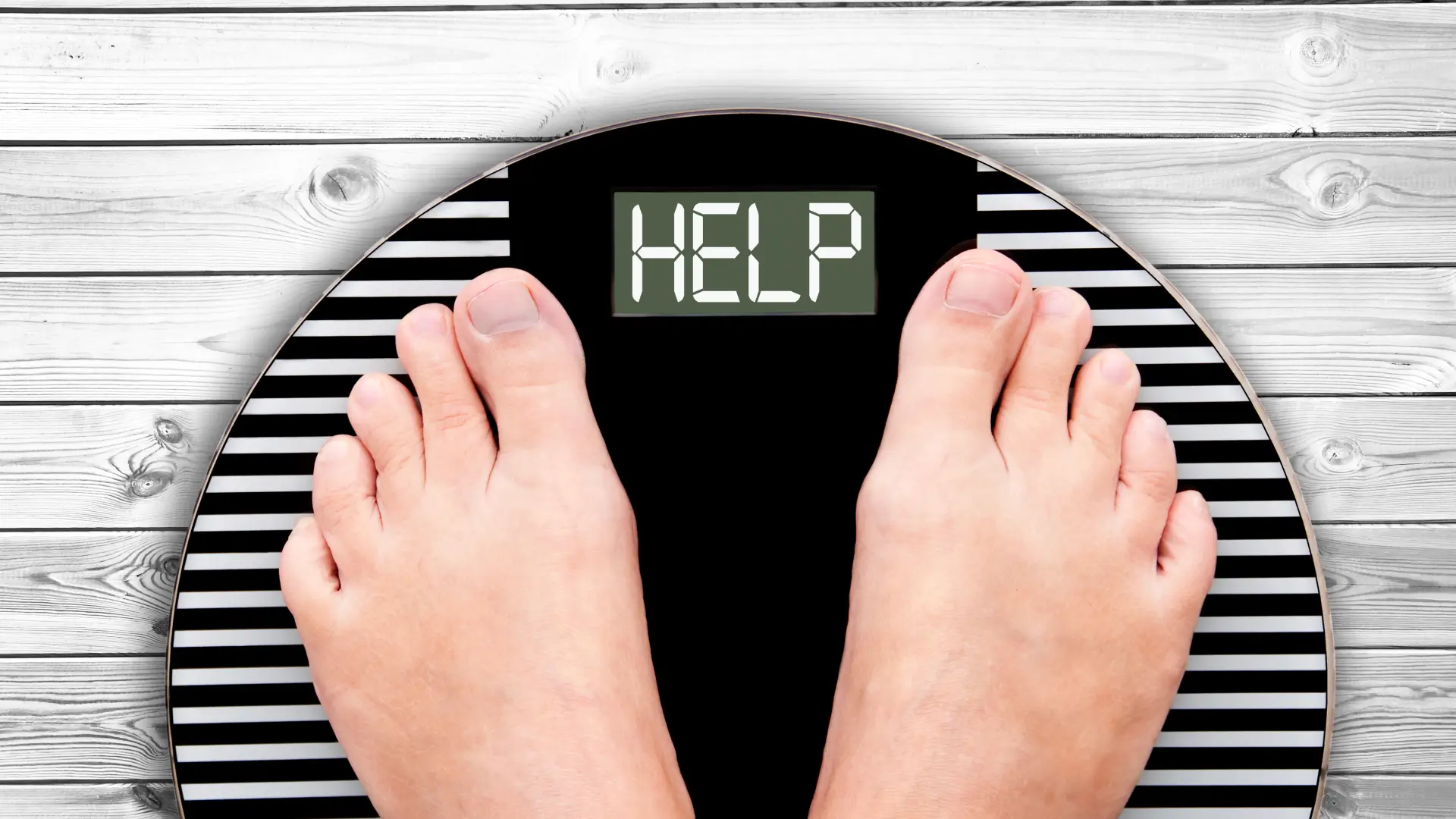Lose the weight that weighs you down!
Are you ready to lose the weight that slows you and often keeps you down? Do you want to lose the weight that makes you anxious, fearful, short-tempered at work and home, and robs you of enthusiasm? If “Yes” is your answer, you’re ready to go on the pressure-less diet.
The pressure-less diet: based on research I collected over twenty five years, I found that most people experience daily feelings of pressure akin to a weight upon their shoulders, a burden to be carried 24/7. Your life is apt to feel sour. The pressure-less diet reduces your daily feelings of pressure, and unlike most diets, sweetens up your life.
Because we all want to succeed in the tasks we deem important, we all experience pressure moments. For these pressure moments—a job interview, an audition, an important test, a presentation—we can learn specific “pressure solutions” that help us manage our anxieties, fears, and self-consciousness that often cause us to perform below our capabilities. We encounter pressure moments—like a holiday dinner—intermittently throughout the year.
Too many people, though, experience pressure feelings everyday—not just in a particular pressure moment. The extra pressure becomes a burden—extra weight that they have to carry around. They might feel pressed and squeezed: the world upon their shoulders.
People gain this extra weight by becoming pressure pigs—they stuff themselves with pressure often without even realizing it. You will too, if you don’t break this hardwired pressure-eating habit: confusing your wants with your needs.
Start to understand the diet’s science by asking yourself, “What’s the difference between a want and need?” One woman put it this way: “a need is clothes. A want is a Chanel label.”
For early man, wants and needs were the same—his wants were literally equivalent to needs. He wanted food because he needed it to survive.
Today you gain extra pressure if you equate wants with needs because in your mind, you then feel as though you have to attain your wants to survive—this was true for early man but not for you. You might want a Mercedes but you won’t perish if you don’t attain one, and while you want a bigger house for your family, you can still be happy in a smaller one.
Treating your wants as needs increases the importance of your wants and thus adds more pressure on you to achieve them. Simultaneously, thoughts of not getting them stimulate anxiety and fear. Treating wants as needs gives you a big appetite and you become a pressure pig—you eat a lot of pressure.
Eat less pressure by short-circuiting the primal association that equates wants and needs by expressing your wants as wants, not as needs. Feeling less pressure and be more appreciative of what you have are results.
Make a list of your needs and transform each into a want and you’ll see that most of your needs are exaggerated wants. Does your son or daughter “really need” the new iPhone—or is that what he or she wants to keep up with the other kids? “I need a nice car” is a different message to yourself than “I want a nice car.”
Most people do want a nice car, but those who treat the want as a need will feel compelled to buy a status brand, even though they cannot afford it. When you recognize that you want a nice car but in fact, any reliable car will do, you experience less pressure and in fact, more at ease.
Your hard wiring makes the pressure-less diet hard to stick to but you can stay on course by remembering Keith Richards’ message: “You can’t always get what you want, but you can get what you need!”
To learn how you can make your life pressure-less, check out: <a href=”https://www.psychologytoday.com/%3Ca%20href%3D”http://www.amazon.com/Performing-Under-Pressure-Science-Matters/dp/0804136726″>http://www.amazon.com/Performing-Under-Pressure-Science-Matters/dp/0804…” target=”_hplink”>http://www.amazon.com/Performing-Under-Pressure-Science-

